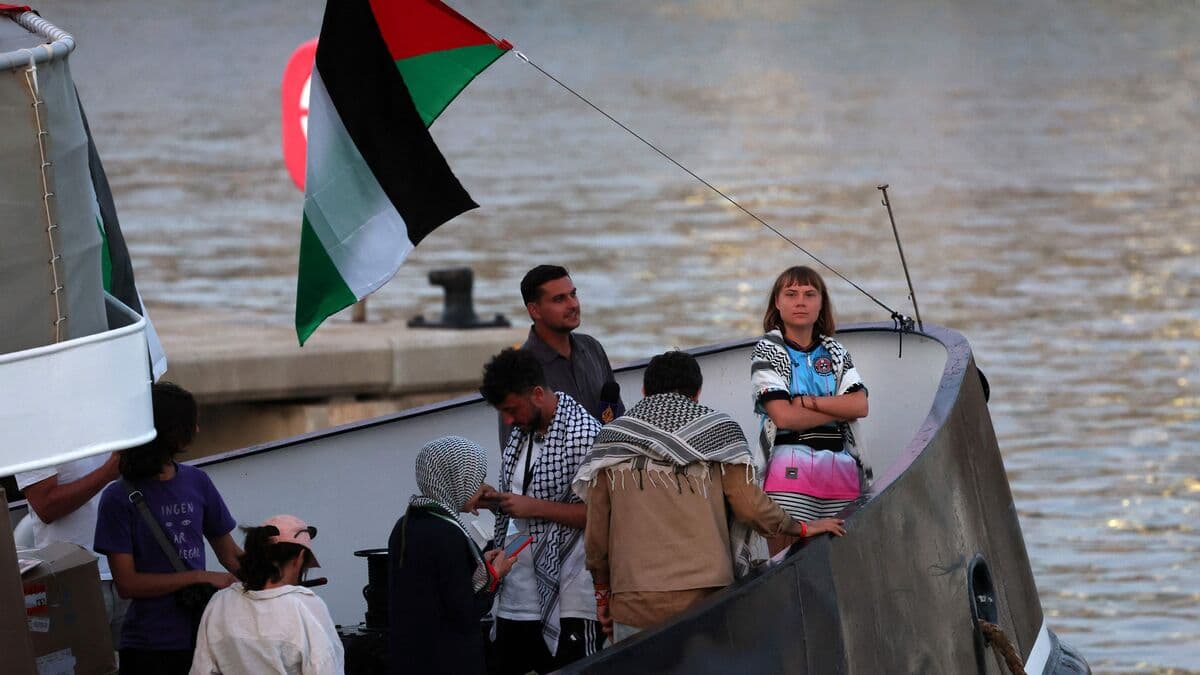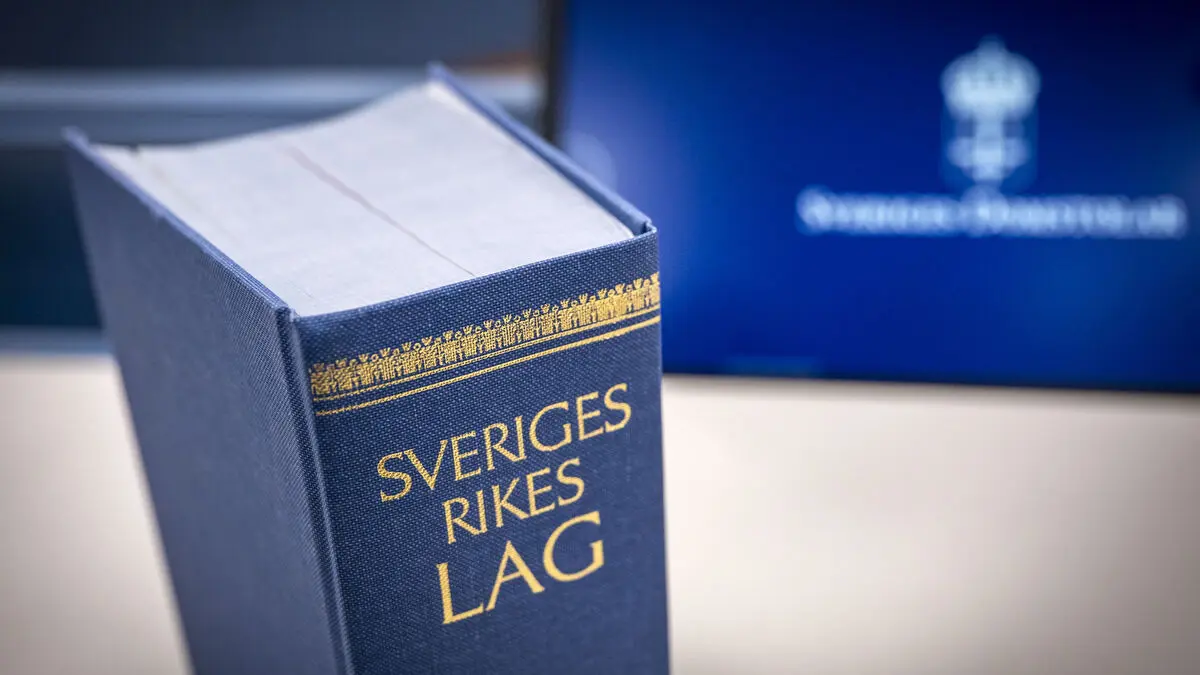The fleet, Global Sumud Flotilla, began its journey in August and is now close to its goal. This time it's not just about a single boat, but about dozens with several hundred activists, journalists and parliamentarians on board. This means a completely different type of challenge for Israel, emphasizes Anders Persson, associate professor and researcher at Linnaeus University.
There is a lot of logistics involved, he says.
From the Israeli side, they have said they are willing to let the boats unload their supplies in Israeli ports, which the activists have rejected. Anders Persson believes that new attempts of this type could bear fruit is unlikely.
Has been sabotaged before
Another option is sabotage. When Global Sumud Flotilla was in port in Tunisia, the boats were subjected to two attacks that caused minor material damage. Israel has not taken responsibility, but nonetheless, Anders Persson is skeptical of this method as well.
Among previous flotillas, it has happened that propellers have been sabotaged and put out of function, and they have therefore been forced to cancel. All such things become easier when it's about one, two or three boats. Now it's up to about fifty, it's a scale we haven't seen before.
Another option is various forms of violence. Persson mentions hypothetical alternatives, such as sinking one of the boats to set an example. However, referring to the deadly incident in 2010, he believes that violence is something they want to avoid.
The incident with Mavi Marmara, that's the nightmare. Israel boarded with commandos and some activists had sticks and it ended with ten of the activists on board being killed. I can't imagine that this is something Israel wishes to repeat, they have enough bad PR as it is.
Can be a PR victory
At the same time, he emphasizes that it's impossible to predict how the dynamics between the two parties will turn out. On the whole, Anders Persson believes that the Israelis will likely want it to end in the same way as when Greta Thunberg's boat was boarded in June.
It went relatively smoothly and then they sent everyone out of the country.
He considers this method the most likely, but returns to the logistical problems and the risk that one of the boats could slip through.
It would be a tremendous PR victory for the organizers behind the flotilla.






